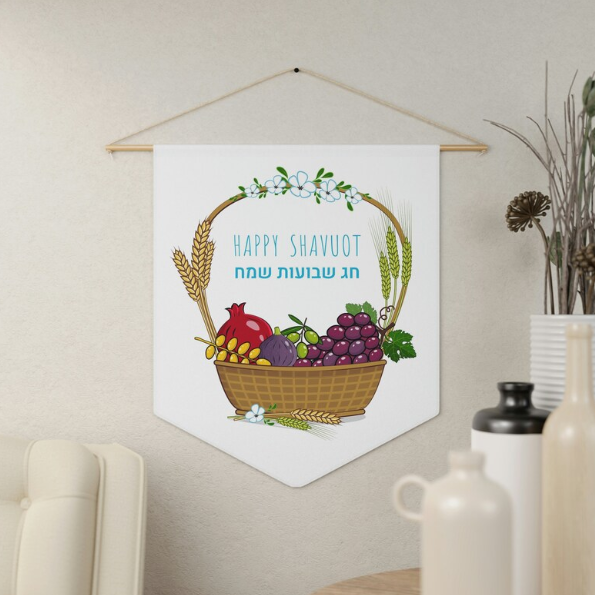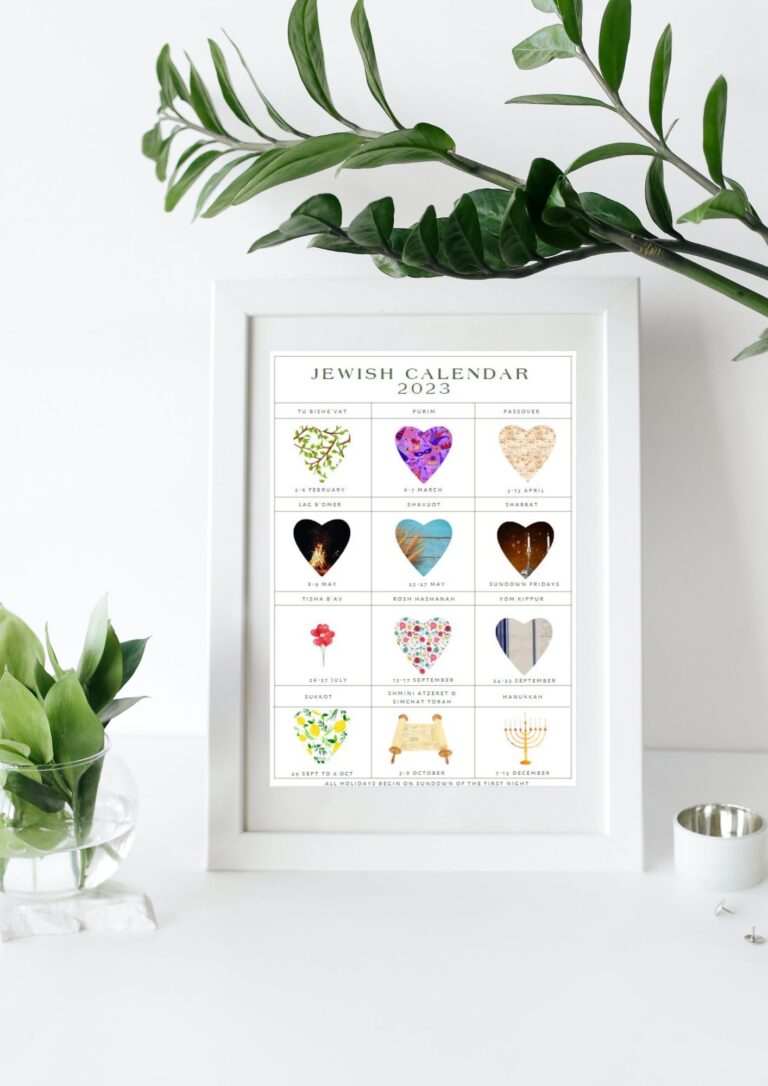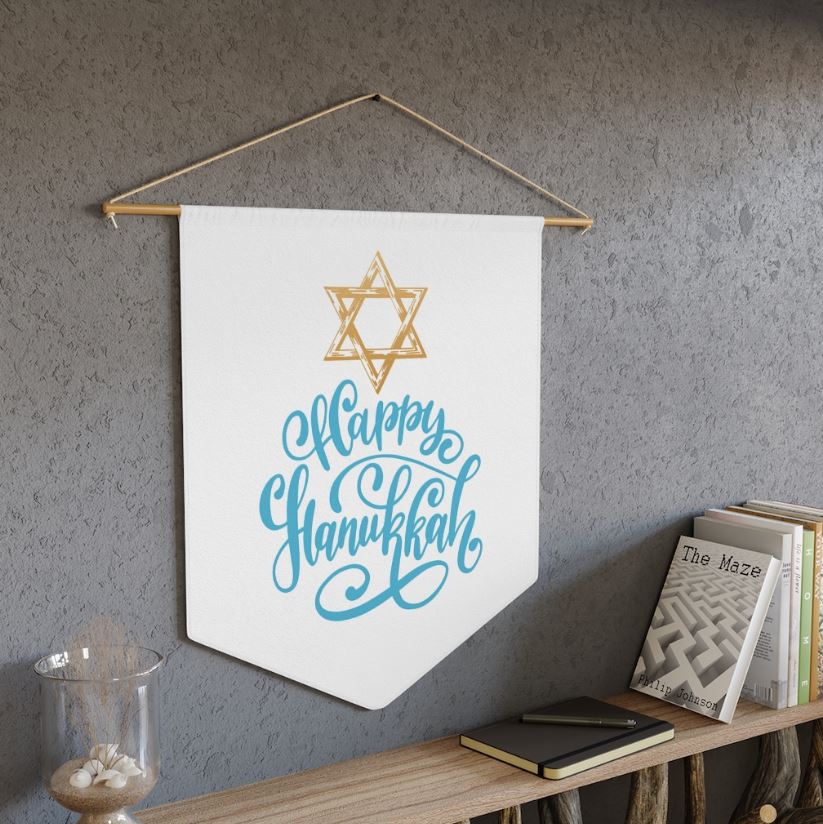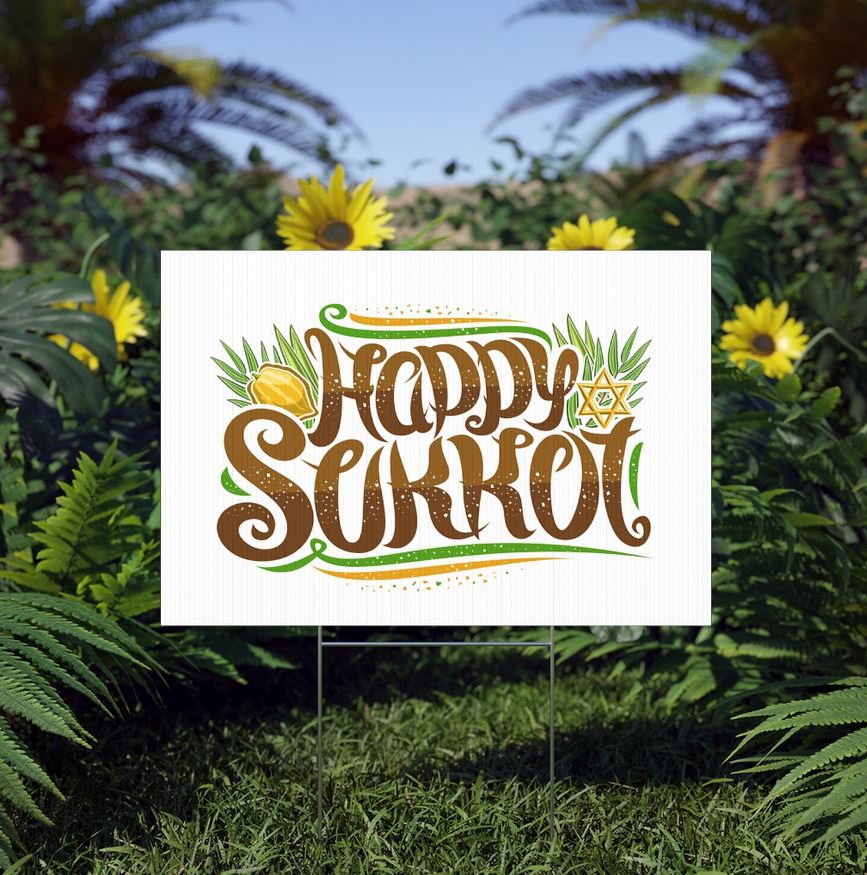Shavuot and Pentecost have some similarities, but they are not exactly the same.
Shavuot is a Jewish holiday that commemorates the giving of the Torah to Moses on Mount Sinai. It is celebrated seven weeks (or 50 days) after Passover and is also known as the Festival of Weeks. Shavuot is one of the three pilgrimage festivals in the Jewish calendar, along with Passover and Sukkot.
Pentecost, on the other hand, is a Christian holiday that commemorates the descent of the Holy Spirit upon the apostles and other followers of Jesus Christ, as recorded in the New Testament book of Acts. It is celebrated 50 days after Easter and is also known as the Feast of Weeks in some Christian traditions.
Both holidays are linked to the idea of counting seven weeks (or 50 days) after a significant event and celebrating the culmination of that period. However, they have different religious and cultural contexts and are observed by different religious groups.



What is the purpose of Shavuot?
The purpose of Shavuot is to commemorate the giving of the Torah to the Jewish people at Mount Sinai. According to Jewish tradition, Moses received the Ten Commandments and the rest of the Torah from God on this day, which is why Shavuot is also known as the Festival of Weeks.
Shavuot is a time for the Jewish people to reflect on the importance of the Torah in their lives and to renew their commitment to studying and living by its teachings. It is a time for gratitude and celebration, as well as a time for self-reflection and spiritual growth.
In addition to its religious significance, Shavuot is also a time for agricultural celebration in Israel. It marks the end of the wheat harvest and the beginning of the summer harvest season. Traditionally, Jews bring offerings of their first fruits to the Temple on Shavuot as a way of expressing gratitude for the blessings of the land.
How is Shavuot Celebrated?
Shavuot is celebrated in several ways, depending on the community and tradition. Here are some common practices:
Studying Torah: One of the central themes of Shavuot is the giving of the Torah, so it is customary to spend the night before the holiday studying Torah. This is known as Tikkun Leil Shavuot, and it involves studying various texts and commentaries related to the holiday.
Synagogue Services: On Shavuot, Jews attend synagogue services, where they recite special prayers and listen to the reading of the Ten Commandments. The synagogue is often decorated with flowers and greenery to symbolize the spring harvest.

3. Eating Dairy Foods: Eating dairy foods is a common practice on Shavuot, and there are various explanations for this custom. Some say that it is a reminder of the promise that God made to the Jewish people that the land of Israel is a land flowing with milk and honey. Others say that it is a symbol of the sweetness of Torah.
4. Festive Meals: It is customary to have festive meals with family and friends on Shavuot. Many Jews serve traditional foods such as blintzes, cheesecake, and other dairy dishes.
5. Acts of Charity: In keeping with the theme of generosity and gratitude, some Jews perform acts of charity or kindness on Shavuot. This can include giving to charity, visiting the sick or elderly, or helping those in need.
Can Shavuot fall on Shabbat?
Yes, Shavuot can fall on Shabbat. In the Jewish calendar, Shavuot always falls on the 6th of Sivan. Since the Jewish calendar is a lunar calendar, the date of Shavuot in the Gregorian calendar varies from year to year.
Since Shabbat occurs every 7 days in the Jewish calendar, it is possible for Shavuot to coincide with Shabbat. When this happens, it is considered a special occasion, and there are additional customs and rituals that are observed to mark the occasion.
One of the most significant customs on Shavuot that falls on Shabbat is the reading of the Ten Commandments in the synagogue. According to Jewish tradition, the giving of the Ten Commandments at Mount Sinai occurred on Shabbat, so it is customary to read this portion of the Torah on Shavuot.
Another special custom on Shavuot that falls on Shabbat is the inclusion of certain additional prayers in the synagogue service. These prayers reflect the themes of the holiday and express gratitude for the gift of the Torah.
FREE JEWISH WALL CALENDAR 2023/5783
The Kosher Hub has designed a beautifully iconic Jewish Calendar with all the important holidays for this coming year that you can download for FREE.


How many days is Shavuot?
Shavuot is a one-day holiday in Israel, but it is a two-day holiday in the Jewish diaspora, meaning that it is observed for two consecutive days.
In Israel, Shavuot is celebrated on the 6th of Sivan, which is the day that the holiday falls on according to the Jewish calendar.
In the diaspora, Shavuot is celebrated on the 6th and 7th of Sivan. This is because in ancient times, the start of each month in the Jewish calendar was determined by the sighting of the new moon from Jerusalem. Since the sighting of the new moon was sometimes delayed in far-off communities, Jews outside of Israel observed two days of holidays to ensure that they did not accidentally celebrate the holiday on the wrong day.
Today, even though the start of each month is calculated mathematically rather than based on the sighting of the moon, the practice of observing two days of holidays in the diaspora has continued as a tradition.
Is Shavuot celebrated in Israel any differently?
Yes, Shavuot is celebrated differently in Israel compared to the Jewish diaspora. Here are some ways that the holiday is celebrated differently in Israel:
One Day vs. Two Days: Shavuot is a one-day holiday in Israel, while it is a two-day holiday in the Jewish diaspora. This means that in Israel, all the holiday customs and observances take place on a single day, whereas in the diaspora, some customs and observances are repeated on the second day.
Agriculture Focus: In addition to its religious significance, Shavuot is also a celebration of the agricultural harvest in Israel. Therefore, in Israel, it is common for children to wear flower wreaths in their hair and white clothes. Communities and take part in harvest-related activities, such as picking fruit and making cheese.

How is Shavout calculated?

Shavuot is calculated based on the Jewish calendar, which is a lunar calendar. The Jewish calendar is based on the cycles of the moon, which means that each month begins with the sighting of the new moon.
Shavuot always falls on the 6th of Sivan in the Jewish calendar. To calculate when this date falls, the Jewish calendar takes into account the length of the lunar cycle, as well as a system of leap years that is used to adjust for the difference between the lunar calendar and the solar calendar used by most of the world.
The length of the lunar month is approximately 29.5 days, which means that the Jewish calendar consists of 12 lunar months of either 29 or 30 days, depending on the sighting of the new moon.
However, the solar year is approximately 365.25 days long, which means that the lunar calendar falls behind the solar calendar by about 11 days each year.
To adjust for this difference, the Jewish calendar adds an extra month (known as Adar II) in seven out of every 19 years. This system of leap years ensures that the lunar calendar remains in sync with the solar calendar over the long term.
Once the date of the 6th of Sivan is determined based on the lunar calendar, Shavuot is observed on that date in Israel. In the diaspora, where the Jewish calendar is adjusted to match the local solar calendar, Shavuot is observed on the 6th and 7th of Sivan to ensure that the holiday is not accidentally celebrated on the wrong day.
Why eat cheesecake on Shavuot?
Eating cheesecake on Shavuot is a Jewish custom that has evolved over time and has different explanations and interpretations.
One explanation for this custom is based on the association between Shavuot and the land of Israel, which is described in the Torah as “a land flowing with milk and honey.” (Exodus 3:8). Dairy foods, such as cheese and milk, are seen as symbolic of the abundance and fertility of the land of Israel. Therefore, eating dairy products on Shavuot is a way of celebrating the agricultural bounty of the land.
Another explanation for the custom of eating cheesecake on Shavuot is based on the legend of King David, who was born and died on Shavuot. According to this legend, King David was known for his love of cheese and would eat it frequently. Therefore, eating cheesecake on Shavuot is seen as a way of honoring King David and his connection to the holiday.
Yet another explanation is that the custom of eating dairy foods on Shavuot stems from the fact that the Torah was given on Mount Sinai, and the Israelites were instructed to abstain from meat in preparation for this event.
As a result, they had to rely on dairy products for sustenance. Therefore, eating dairy products on Shavuot is seen as a way of commemorating the Israelites’ commitment to the Torah and their preparation for receiving it.
Regardless of the specific explanation, eating cheesecake and other dairy foods has become a beloved tradition for many Jews around the world, and is often a highlight of Shavuot celebrations.










